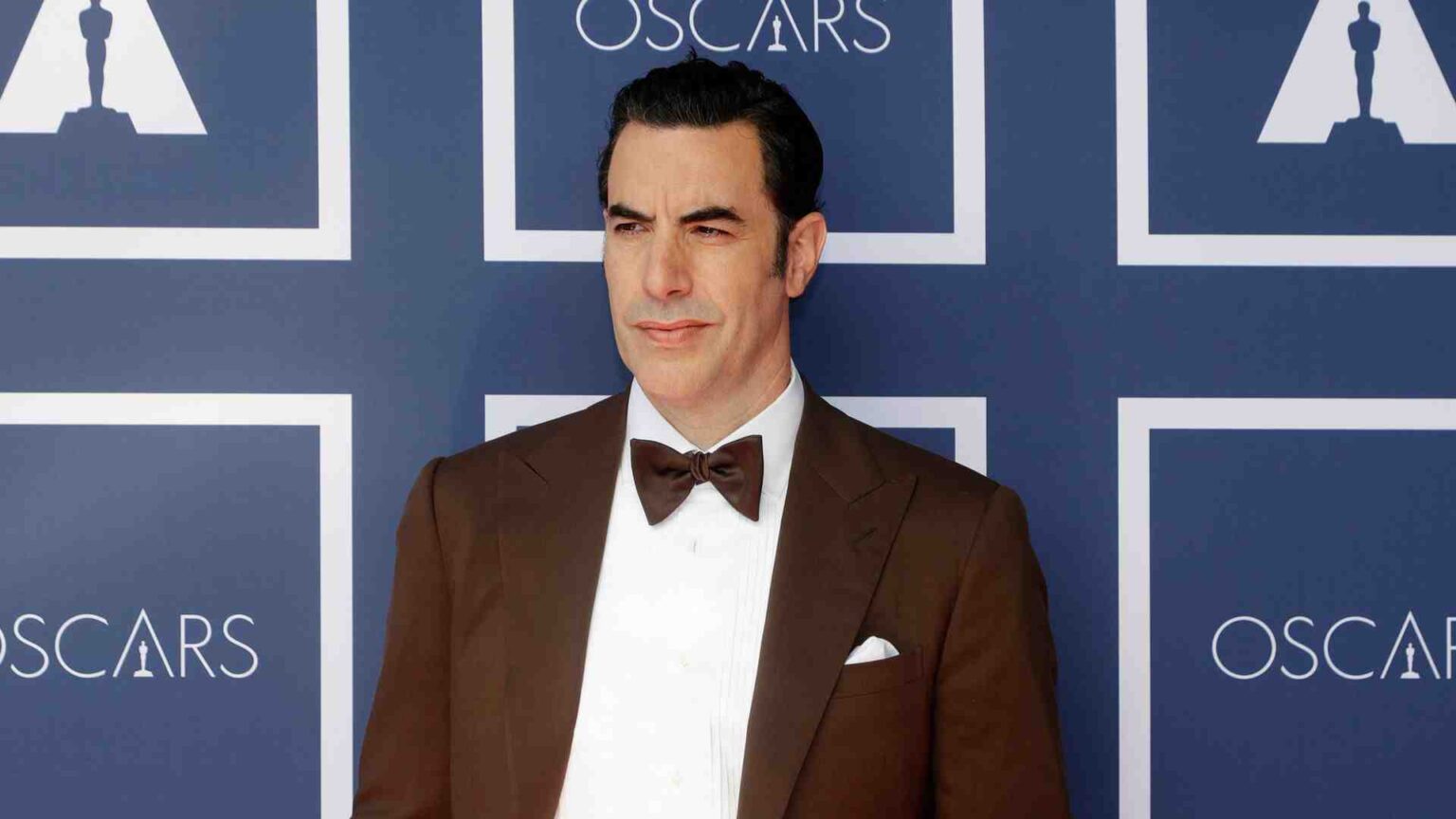
Is Sacha Baron Cohen a terror to work with?
When you hear Sacha Baron Cohen, quirky caricatures like Borat, Ali G, and Admiral General Aladeen might cross your mind. This big-league prankster has remained the controversial front-runner, providing as many guffaws as gasps. Yet, behind the curtain of tasteless jest, whispers have grown louder, painting Cohen as a potential terror on set. We’ve ferreted out the goss from the deeper recesses of showbiz, carefully piecing together tales of shenanigans, disregard, and more to delineate the truth. Who really is Sacha Baron Cohen for those he shares his workspace with?
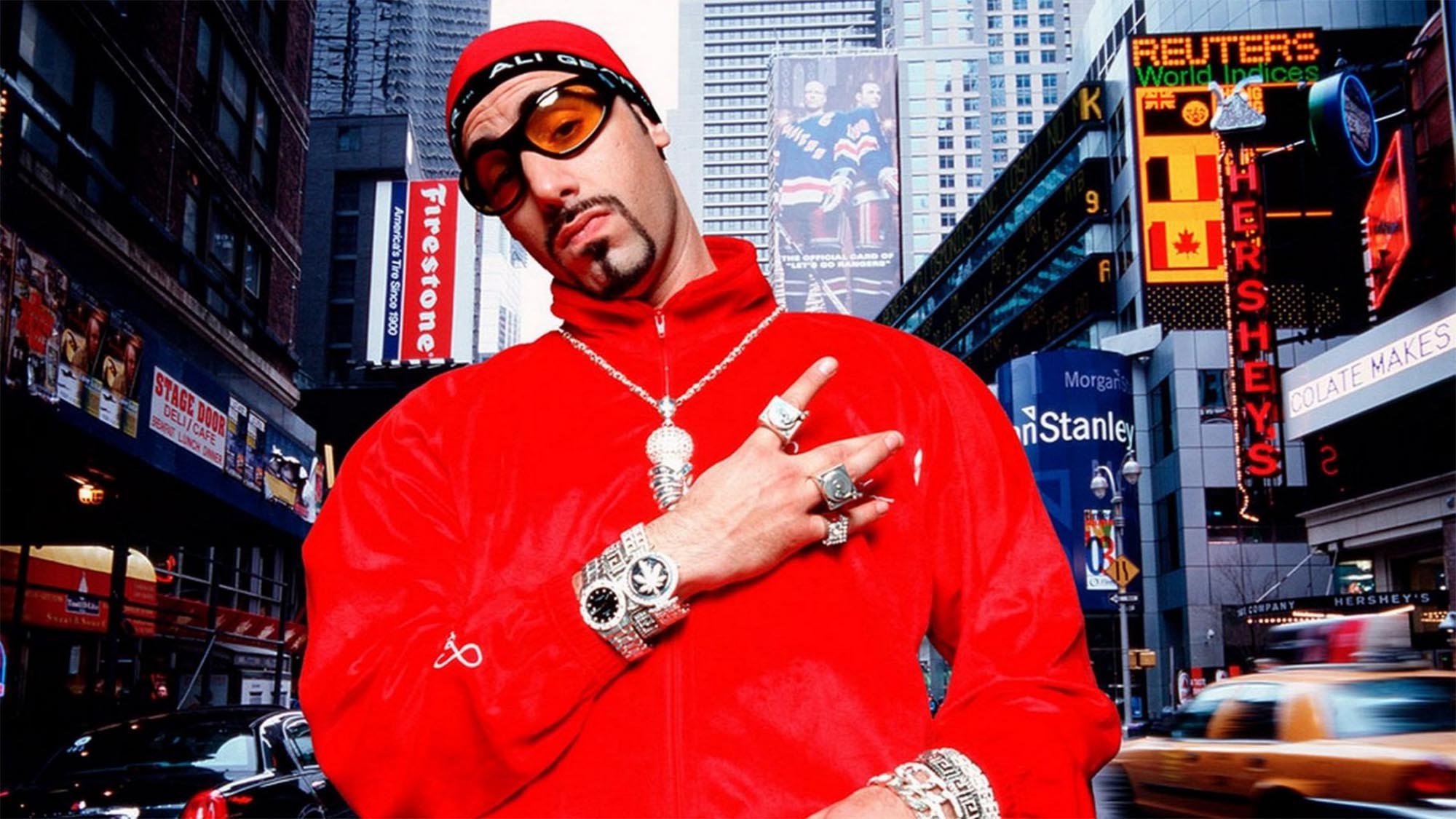
Behind the laughter, a haunting echo
Sacha Baron Cohen’s brand of humor is like sashaying through a Kardashian episode, thrilling yet nerve-wracking; it’s a delightful romp, but now, it seems there’s a shade hanging over the cabaret. Accusations of on-set abuse are sobering and somber, casting a stark Dickensian shadow over his zany persona. The whispers are multiplying, with seedy soundbites hinting at a Sacha Baron Cohen that’s a far cry from the jester the world has come to love, or maybe loathe.
We’ve all seen the meme-worthy moments: “Throw the Jew Down the Well” from Borat, the brutal reality checks in “Who is America?“. But these public antics are the tip of the iceberg. There’s been a murky underbelly to Sacha Baron Cohen’s on-set exploits, peppered with tales of dismissals and disregard for boundaries. An ill-fitted suit from Savile Row could not overshadow the emerging narrative of mishandling and misbehavior. With high-stakes antics, trauma risks getting buried under the laughter, but every teardrop is a waterfall, and these droplets are starting to form a damning sea.
While some dismiss the hearsay as part of the job, an insidious undertone has seeped in, questioning the fine line between innovative comedy and exploitation. When comedy thrives on others’ discomfort, it may make one wonder: Is Sacha Baron Cohen a visionary villain just doing what it takes for the laugh riot? Or are we dealing with a rogue comic who’s lost sight of the punchline? This riddle, dear reader, is a tale as old as time – or at least as old as premium television.
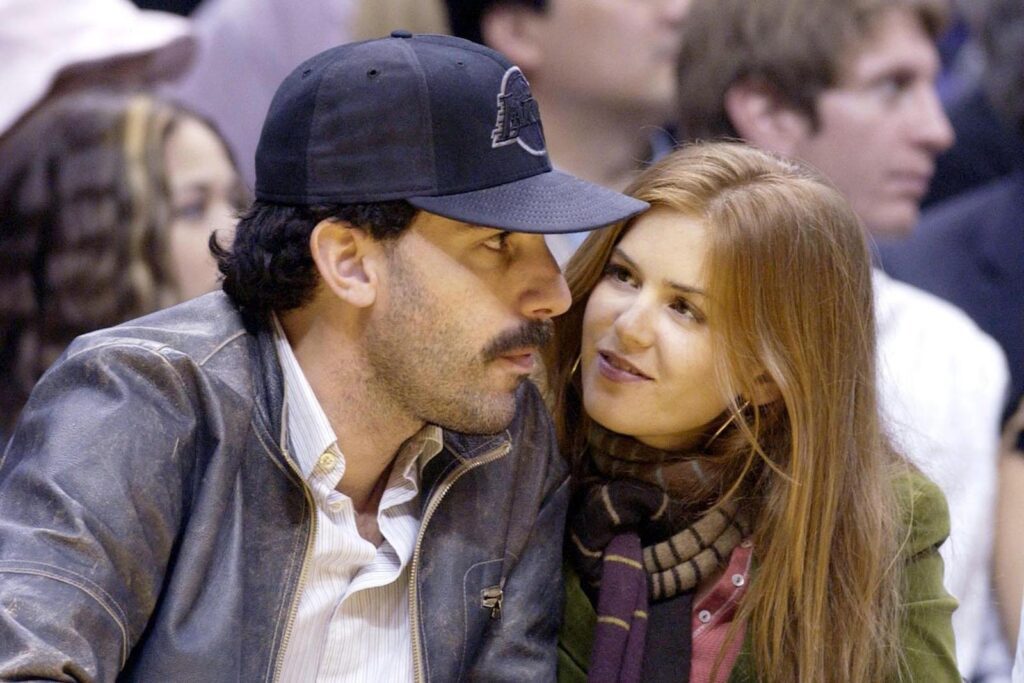
Humor’s horrendous underbelly?
The British comic, known for his outrageous characters, now faces allegations that make the thin line separating art from the artist blurrier than ever. Sacha Baron Cohen’s jests have taken a backseat as accusations of disregard for boundaries and abuse raise sinister questions over his showman façade. As we peel back the layers, it seems that the chuckles spurred by Cohen’s antics have a melancholic echo not everyone heard – just ask those who’ve been on the receiving end of his humor.
Embroidered into the comedic fabric of Sacha Baron Cohen’s pranks, one finds a disturbing pattern of incidents involving co-actors and crew members. As victims begin to come forward, a disconcerting narrative unfolds. While his intentionally awkward interviews and borderline offensive characters may ensure social media’s undivided attention, many deem his antics as stretching the satirical allowances. Unearthed testimonies evoke grim tales depicting Cohen’s jest and just-for-laughs cavalier attitude as a treading ground, enveloped in oppression and exploitation.
Cohen’s comedy has always teetered on the sublime ridiculous, often at the expense of others. But it’s increasingly apparent that the Sacha Baron Cohen off-camera isn’t far removed from his unapologetic on-screen personas. As we wrestle with this reality, we’re forced to reevaluate his comedic legacy. Remember, it’s all fun and games until someone gets hurt, as the old adage goes, and it seems Cohen’s jocularity may have caused more than just bruised egos and offended communities – it may have perpetuated a culture of fear and harm.
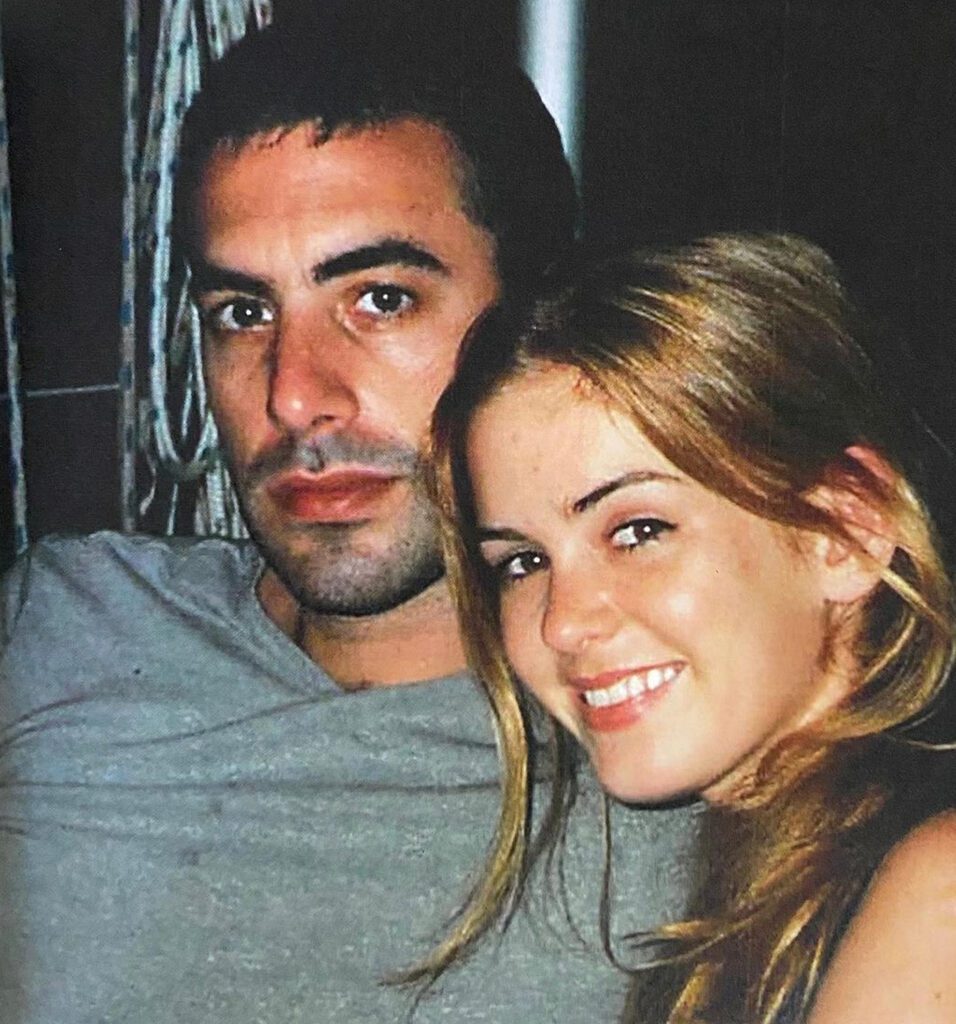
When the joke’s on you
Dissolving the façade of Sacha Baron Cohen, we confront an unsettling dichotomy: the genius performer with an appetite for audacity and the alleged monster stalking behind his laughter-inducing shadows. The naughty boy persona of Baron Cohen, once seen as harmless, seems darker against the backdrop of these serious allegations. It’s as if we’ve been viewing the Act IV tragedy of a Shakespearean play, but mistook it for a comedy all along.
Oscar Wilde said, “If you want to tell people the truth, make them laugh, otherwise they’ll kill you.” But what happens when the jokes stop being funny? Sacha Baron Cohen’s laugh riots are woven with uncomfortable truths about society, but the mirth dissipates as testimonials of his cast-mates and crew start pouring in. Suddenly, his humor looks rather like a crafty disguise for a Draconian reign of domination and disrespect.
With these burgeoning revelations, it’s high time we expand our perspective, questioning the dichotomy between Sacha Baron Cohen’s on-screen antics and off-screen behaviors. As more actors and staff bear witness to Cohen’s off-camera exploits, we must consider their allegations seriously. After all, even in Shakespeare’s darkest tragedies, the villain was always exposed, empathized, and held accountable – and the real-life stage should be no different.
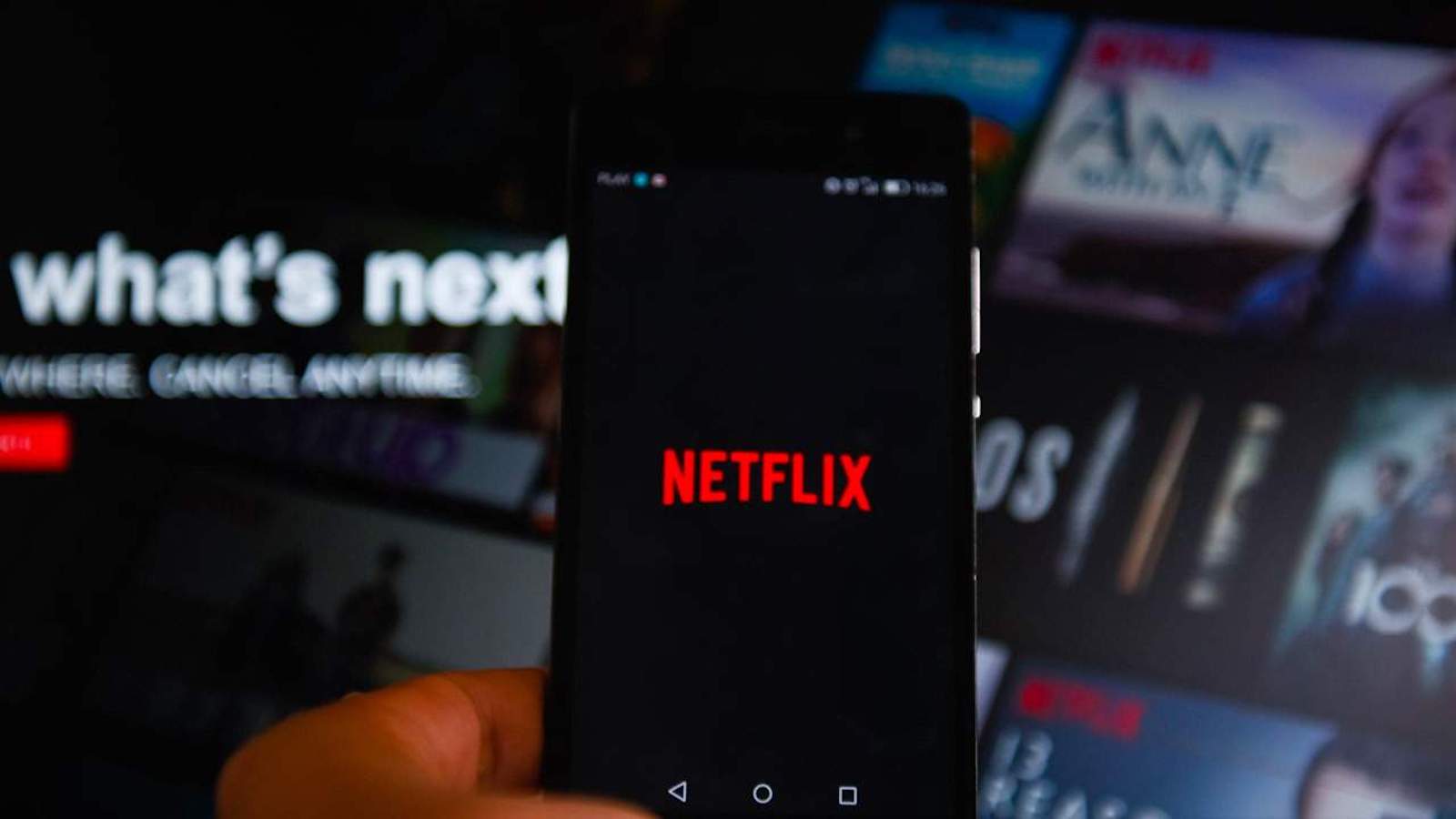
Sacha’s shadows deepening
As more shadows emerge from the laughter-lit stage of Sacha Baron Cohen, we find ourselves grappling with a narrative that’s as horrifying as it is tragic. We’re confronting the truth that perhaps the jest of one can be the terror for another.
From the sound of it, the line separating the audacious comic genius and the alleged oppressor is as confusing as a maze, a step away from getting lost and trapped. A once revered innovator of humor and instigator of discomfort for society’s dichotomies is now the subject of allegations, painting him as a practitioner of something much darker. We must remember, comedy should never blur the boundaries of respect and consent.
They say there’s a shade of truth in every jest. Now, we’re seeing Sacha Baron Cohen’s jest take on a shade too somber. As more of his reality spills into our view, it seems we can’t avoid the bruising truth behind this punchline.







